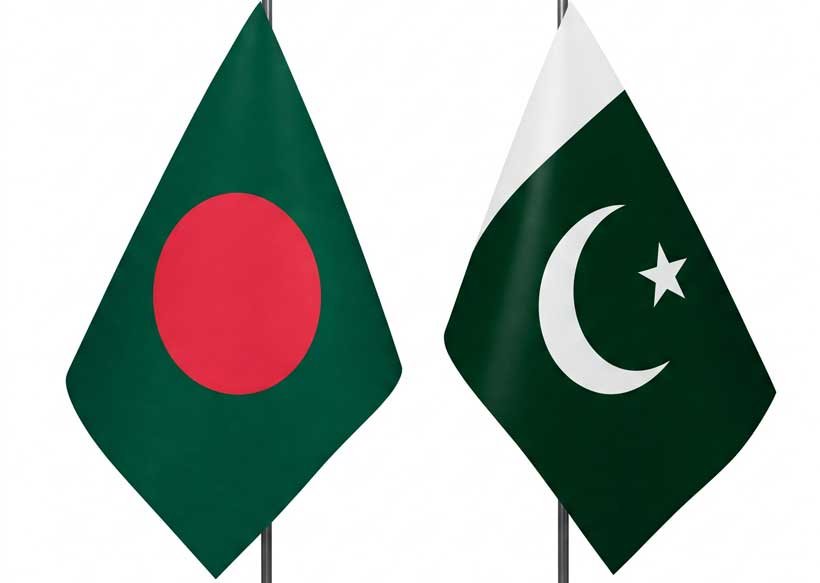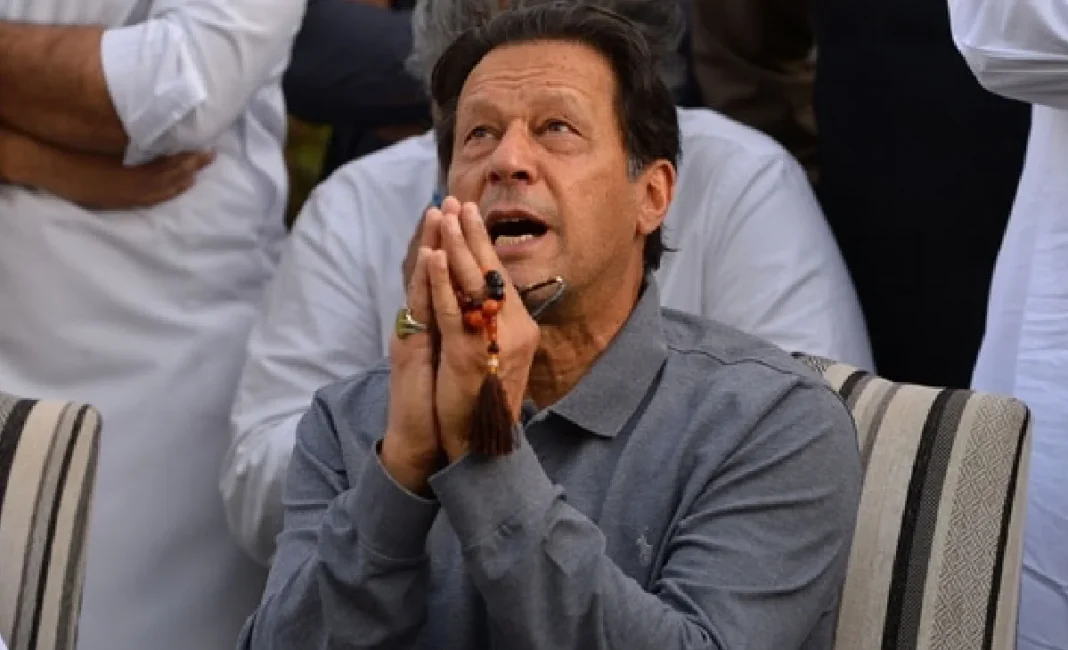Bangladesh, Pakistan Forge New Era Through Industrial Collaboration
DHAKA — Marking a forward-looking chapter in bilateral relations, Pakistan’s Commerce Minister Jam Kamal Khan met Bangladesh’s Industries Adviser Adilur Rahman Khan in Dhaka on Thursday to lay the groundwork for industrial partnership. Their discussions centered on collaboration in food security, agricultural value addition, and industrial technology modernization, paving the way for future joint ventures, delegation exchanges, and shared expertise.
Looking ahead, Pakistan’s Deputy Prime Minister and Foreign Minister, Ishaq Dar, is set to travel to Dhaka on August 23, with meetings lined up for August 24—including discussions with Foreign Affairs Adviser Md Touhid Hossain—further reinforcing this momentum.
Minister Kamal expressed optimism, stating that Islamabad is keen to engage with Bangladesh’s dynamic industrial sectors—especially pharmaceuticals, textiles, and information technology. He emphasized that value-added industries can drive revenue growth and socio-economic development, advocating for a shared vision to boost industrial growth and bilateral trade.
Bangladesh’s Adviser Rahman reciprocated the enthusiasm, pointing to promising opportunities in sectors like leather, shipbuilding, sugar, agro-processing, and SMEs. He welcomed the idea of partnerships and knowledge-exchange to meet Bangladesh’s growing industrial needs.
These talks build on earlier breakthroughs, such as the recent agreement to grant visa-free access to diplomatic and official passport holders—facilitating smoother high-level exchanges between the two countries.
Strategic economic talks have also been gaining traction. In Islamabad on August 5, Commerce Minister Kamal held discussions with Bangladesh’s High Commissioner, Md. Iqbal Hussain Khan, on enhancing collaboration across trade, energy, logistics, and industrial linkages. Key areas of mutual interest include Pakistani coal and limestone exports, Bangladeshi imports of pineapples, and Pakistani exports of mangos, textiles, Halal meat, and limestone—along with efforts to streamline trade mechanisms and business-visa facilitation.
This revival of economic and diplomatic engagement signals a remarkable reset in Pakistan–Bangladesh relations—propelled by pragmatic cooperation, trade integration, and institutional collaboration.



